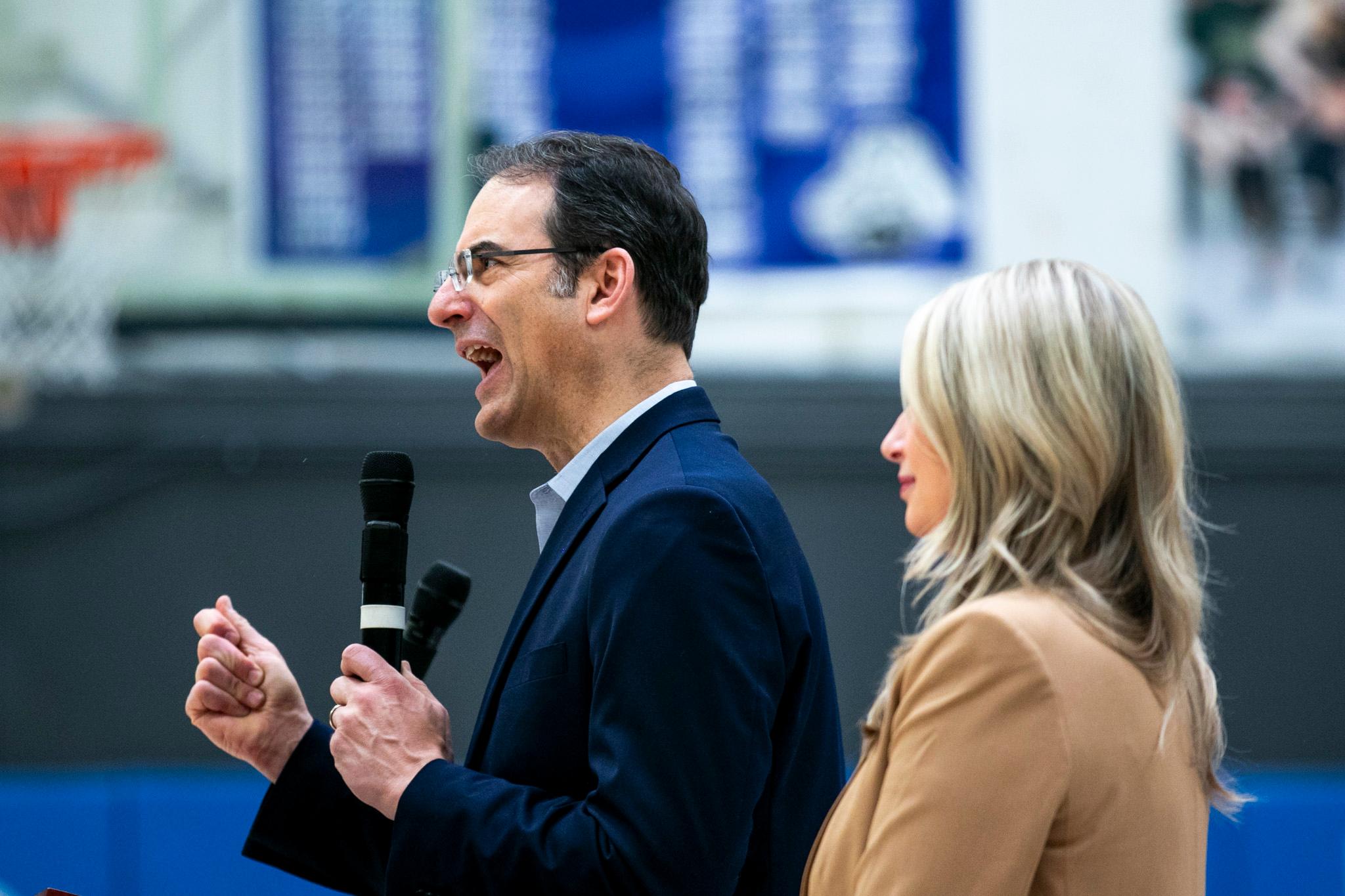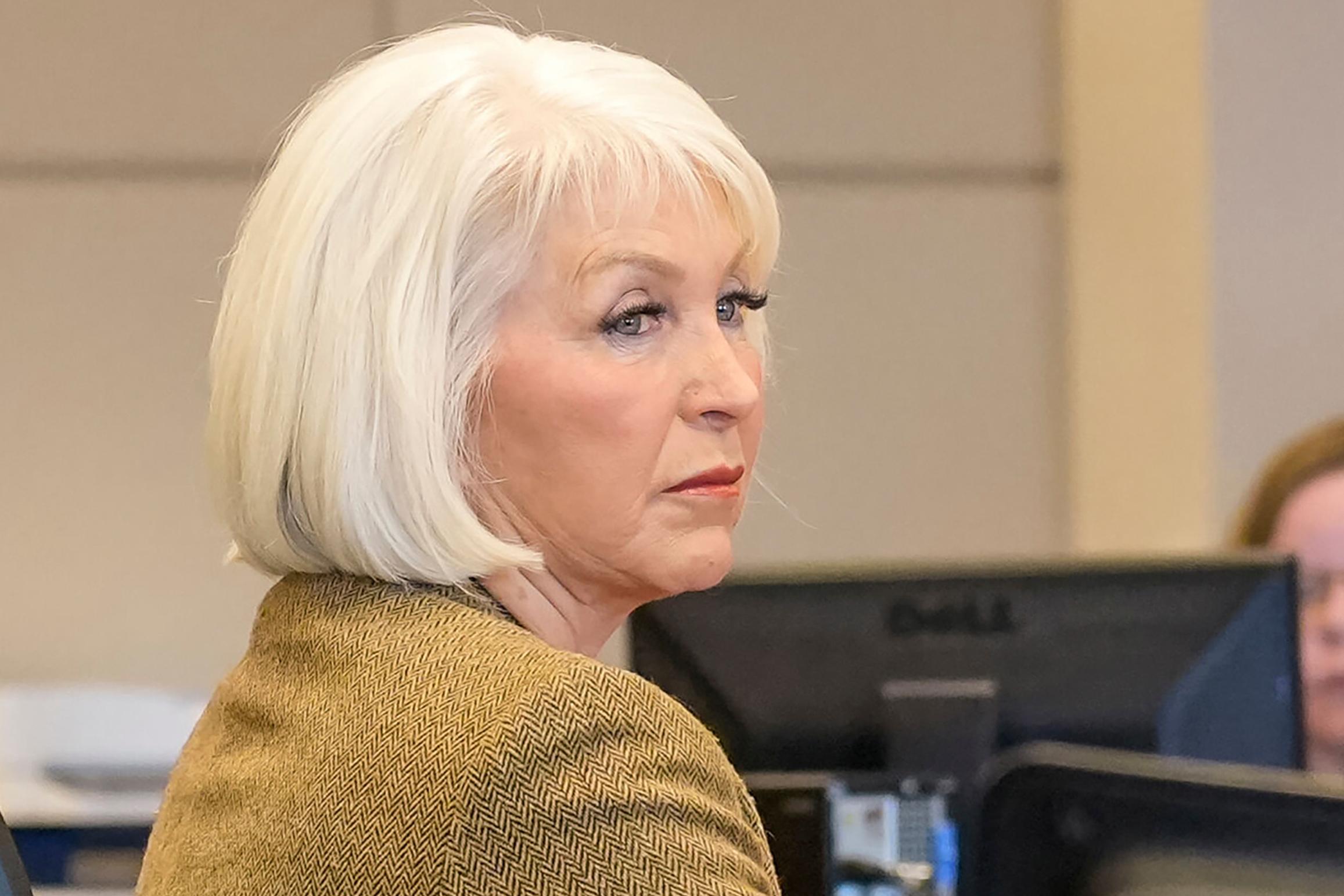Photo credit: Flickr user NDSU Ag Communication
Snow and rain has helped lift most of the state out of extreme drought, but the southeastern corner of of Colorado is still extremely dry. And the years of drought have wreaked havoc on the cattle industry.
Rancher Louis Foss has raised cattle his whole life in southeastern Colorado, and he’s never seen the land so dry.
“Well, nothing grows, my grass just looked like nothing,” Foss said. “You can see the little old clumps of dried up stuff.”
And that grass is the primary source of food for his cattle. He says he can’t just go out and buy a bunch of feed.
“You’re going to go in the hole doing that”.
Feed prices are still high, partly because there isn’t a lot of it, due to the drought.
So Foss, like many ranchers in these parts, is slashing his herd. He sent 85-percent of his cattle to auction.
“I sold off a lot of them, I didn’t sell ‘em all,” Foss said. “Tried to keep enough so I could build back up again.”
The sell-off creates a temporary windfall for cattle auctions like Winter Livestock Cattle Auction in La Junta, about a hour and half drive from the Kansas border.
John Campbell runs the auction. He says that because of the drought he’s auctioned off 3 times the normal amount of cattle this summer. And though that may be good for business today, he’s worried about the future.
“When you sell off the factory, we won’t have the natural increase that those cows would generate for upcoming years,” said Campbell, who added some ranchers have totally liquidated their herds.
There’s worry that the cattle sell-off won’t have an impact just on Campbell’s auction, or the one across the street, but whole region’s economy - from the hotels to the banks to the restaurants.
“We’re fortunate, we’ve been here 70-some years, we’ve seen this time and time again,” Campbell said. “We don’t like it, but we’re just like the rancher, we tighten our belt up and it’ll mean we’ll lay some people off and kind of work with more of a skeleton crew.”
Campbell’s not optimistic that ranchers will quickly build their herds back, even if the rains return. He notes that ranchers tend to be older, in their 60s and 70s. They’re not about to go out and borrow millions of dollars to rebuild.
“Being of conservative nature, they’ll work back into their numbers slow, slow, slow," he predicted.
Some ranchers have talked about the drought in dramatic terms, comparing it to the dust bowl of the 1930s. Colorado State Climatologist Nolan Doesken says that’s not an exaggeration.
“When you have year after year after year of drought that’s when the impacts become quite extraordinary,” Doesken said. “Traveling across southeast Colorado as the landscape had become nearly barren.”
Despite some recent rains, Doeskan says the region is nowhere close to being out of the woods.
After a terrible drought in 2002, drought the last three years, and the painful cattle sell offs why would anyone want to be in this business?
Lifelong rancher Louis Foss says he can’t imagine doing anything else.
“No matter how bad it gets them cattle are still going to bring you some money.”
That’s one bright spot to selling the herd now: cattle prices are high.








